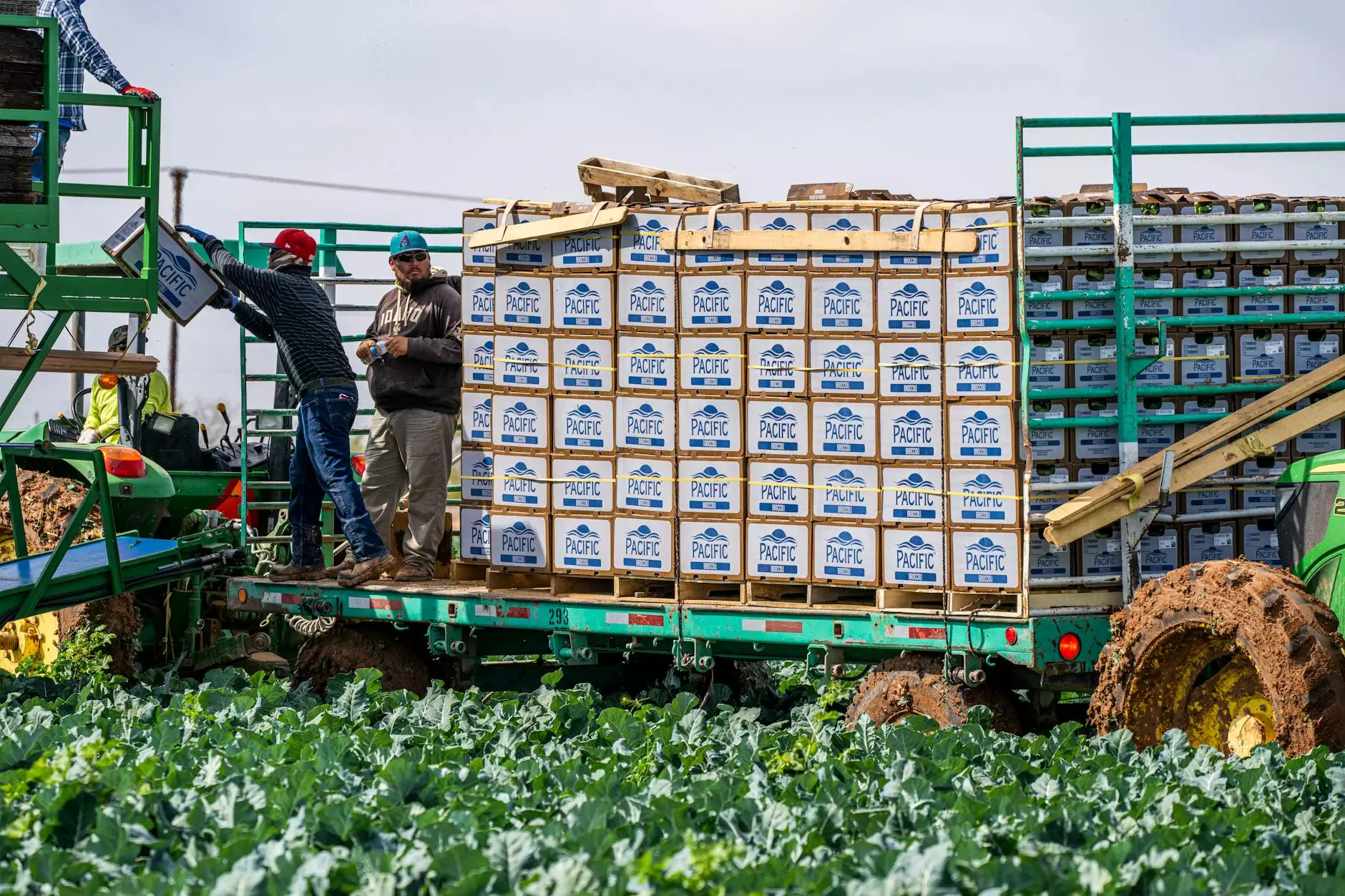The Impact of Silo Temperature on Farm Equipment Repair and Farming Operations

Modern farming operations involve the use of advanced equipment to ensure efficiency, productivity, and optimal results. One key aspect that often gets overlooked but plays a critical role in farm management is silo temperature monitoring.
Understanding Silo Temperature
Silo temperature refers to the temperature inside storage silos where grains, feeds, or seeds are stored. Maintaining the right temperature within silos is crucial to preserving the quality of stored products and preventing spoilage.
Benefits of Monitoring Silo Temperature
Proper monitoring of silo temperature offers numerous benefits to farmers and agricultural businesses, especially in the areas of farm equipment repair and overall farming operations efficiency.
1. Preservation of Stored Products
By keeping a close eye on silo temperature, farmers can prevent moisture accumulation, mold growth, and bacterial contamination, all of which can lead to spoilage of stored grains or feeds. This proactive approach helps in maintaining the quality of products and reducing the need for frequent repairs or replacements of farm equipment.
2. Enhancing Equipment Longevity
Silo temperature monitoring plays a vital role in protecting farm equipment housed in silos. Constant exposure to high or fluctuating temperatures can accelerate wear and tear on machinery, leading to breakdowns and increased repair costs. By ensuring optimal temperature conditions, farmers can extend the lifespan of their equipment and minimize downtime.
Optimizing Farming Operations with Silo Temperature Data
With advancements in technology, farmers now have access to sophisticated monitoring systems that provide real-time data on silo temperature levels. This data can be utilized to make informed decisions that streamline farming operations and maximize efficiency.
1. Predictive Maintenance
By analyzing trends in silo temperature data, farmers can predict potential equipment failures before they occur. This proactive approach allows for timely maintenance and repair scheduling, reducing the risk of unexpected breakdowns during critical farming periods.
2. Energy Efficiency
Monitoring and controlling silo temperature can also lead to energy savings. By maintaining optimal temperatures, farmers can reduce unnecessary cooling or heating processes, thereby lowering electricity costs and promoting environmental sustainability.
Conclusion
In conclusion, silo temperature monitoring is a crucial aspect of modern farming practices that has a significant impact on both farm equipment repair and overall farming operations. By leveraging advanced monitoring technologies and utilizing temperature data effectively, farmers can enhance productivity, reduce costs, and ensure the longevity of their equipment.
For Farm Equipment Repair and efficient Farming Operations, trust TSGC Inc. to provide cutting-edge solutions for monitoring silo temperature. Contact us today to learn more about optimizing your agricultural practices.









